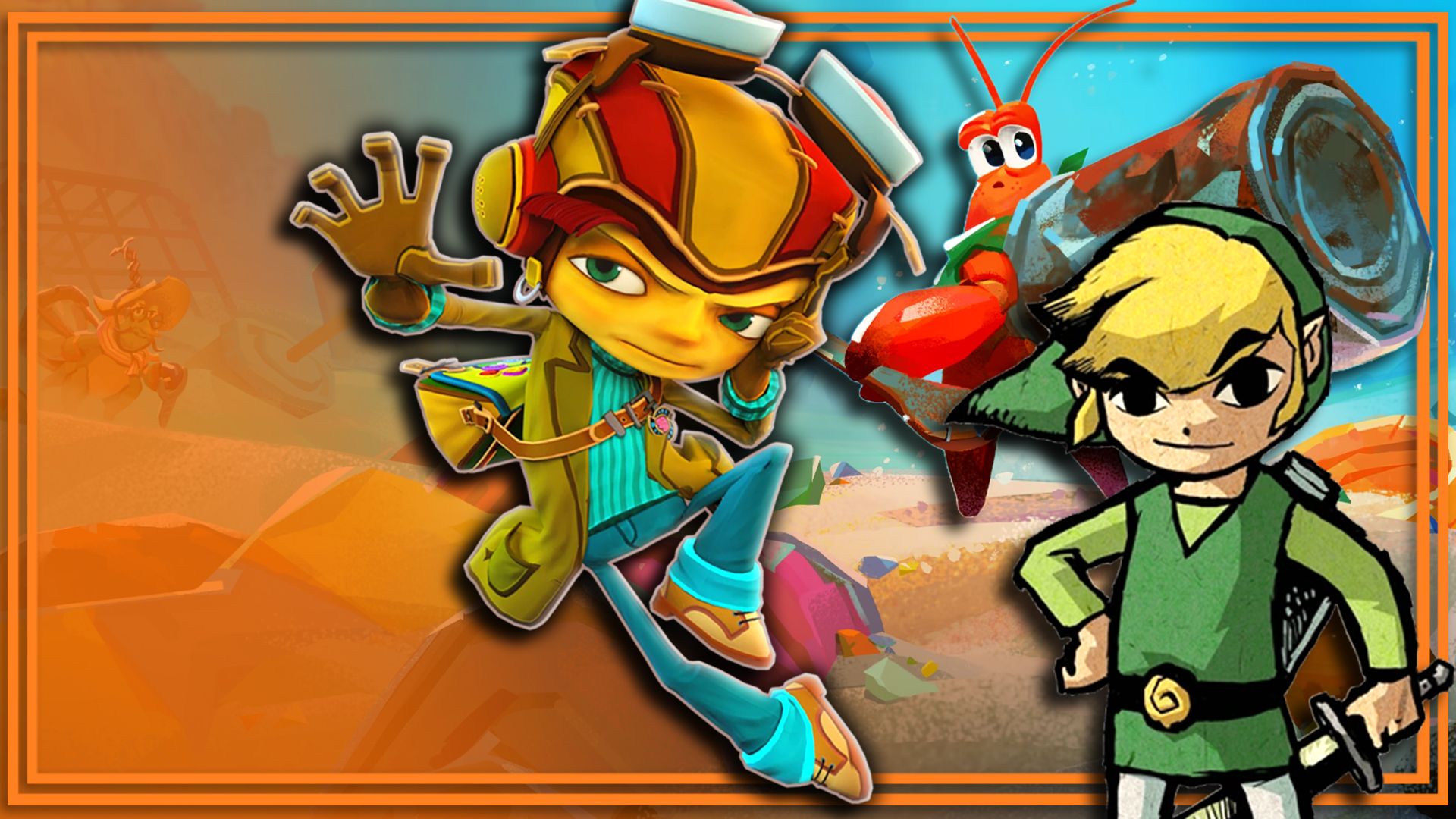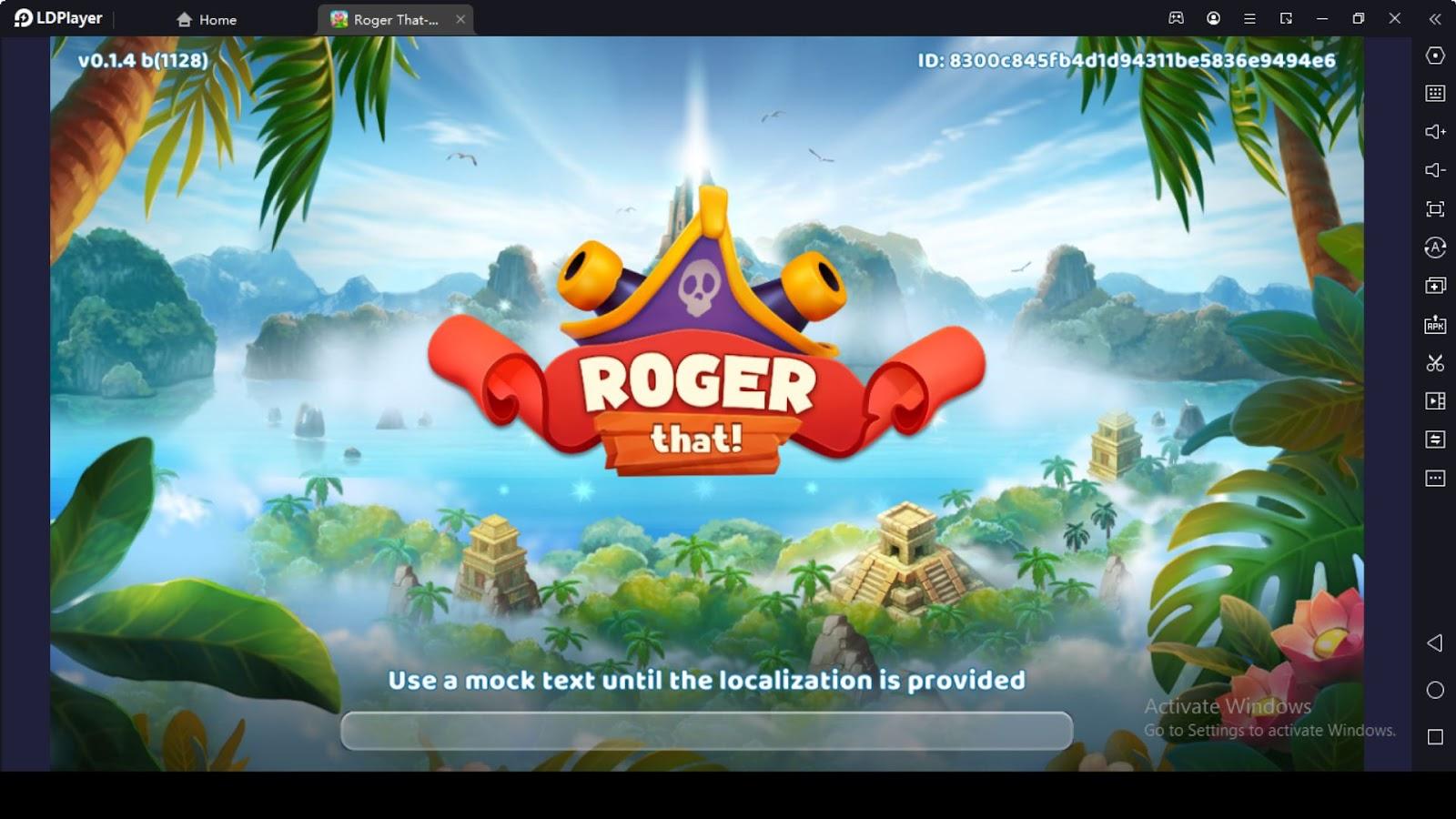
Dive into Adventure: A Beginner’s Guide to the Wonderful World of Adventure Games
Adventure games. The name conjures images of intrepid explorers, ancient mysteries, and thrilling narratives. They’re a genre that’s captivated players for decades, offering a unique blend of puzzle-solving, storytelling, and exploration. But for the uninitiated, diving into the world of adventure games can feel daunting. Where do you even begin? What makes them so special? Fear not, aspiring adventurer! This guide will serve as your compass, charting a course through the basics, subgenres, and essential tips to help you embark on your own gaming adventure.
What Exactly Is an Adventure Game?
At its core, an adventure game focuses on narrative and puzzle-solving, prioritizing story over fast-paced action. The player typically controls a protagonist who must navigate a world, interact with characters, collect items, and solve puzzles to progress the story. Think of it as an interactive novel, where your choices and actions directly influence the unfolding narrative.
Key characteristics of adventure games include:
- Story-Driven Gameplay: The narrative is paramount. Characters, plot twists, and world-building are meticulously crafted to draw you in.
- Puzzle-Solving: Logical puzzles, environmental puzzles, and dialogue-based puzzles are integral to progression. They often require observation, deduction, and a bit of creative thinking.
- Exploration: Discovering new locations, examining objects, and talking to non-player characters (NPCs) are essential to unraveling the mystery.
- Inventory Management: Collecting and using items is a common mechanic. You might need to combine seemingly unrelated objects to solve a puzzle.
- Emphasis on Atmosphere: Adventure games often excel at creating immersive environments, using visuals, sound design, and music to enhance the player’s experience.
Navigating the Subgenres: A Map of the Territory
The adventure game genre is broad, encompassing various subgenres that cater to different tastes. Understanding these distinctions can help you find the perfect starting point:
-
Point-and-Click Adventures: This classic subgenre defined the early days of adventure gaming. You interact with the world using a mouse cursor to "point" at objects and "click" to interact. LucasArts titles like Monkey Island and Day of the Tentacle are prime examples. They’re known for their witty writing, memorable characters, and often absurd humor.
-
Walking Simulators: These games strip away traditional puzzles and combat, focusing almost entirely on exploration and narrative. They’re often emotionally driven and rely heavily on atmosphere and environmental storytelling. Gone Home and What Remains of Edith Finch are notable examples.
-
Narrative Adventures (or Interactive Fiction): Branching narratives and player choice are at the heart of these games. Your decisions directly impact the story’s outcome, leading to multiple endings and character development. Telltale Games’ The Walking Dead and Life is Strange are popular examples.
-
Puzzle Adventures: These games place a heavy emphasis on challenging puzzles that require logical thinking and problem-solving skills. The narrative often takes a backseat to the intricate puzzle design. The Witness and the Myst series fall into this category.
-
Hybrid Adventures: Many modern adventure games blend elements from different subgenres. For instance, a game might combine point-and-click mechanics with narrative choices or integrate puzzle-solving into a larger story-driven experience.
Essential Tips for the Aspiring Adventurer:
Now that you have a grasp of the genre, here are some practical tips to help you navigate your first adventure games:
-
Observe Carefully: Adventure games are all about attention to detail. Pay close attention to your surroundings, examine objects thoroughly, and listen to what characters have to say. Clues are often hidden in plain sight.
-
Talk to Everyone: Don’t be shy about interacting with NPCs. They often provide valuable information, hints, or even quests that advance the story. Exhaust all dialogue options before moving on.
-
Experiment and Explore: Don’t be afraid to try different combinations of items or actions. Adventure games often reward creative thinking. Explore every nook and cranny of the environment; you never know what you might find.
-
Take Notes: Keeping a notebook handy can be incredibly helpful. Jot down important clues, character names, or puzzle solutions. This will prevent you from forgetting vital information later on.
-
Don’t Be Afraid to Ask for Help: If you get stuck, don’t be afraid to consult online walkthroughs or forums. There’s no shame in seeking assistance when you’re genuinely stumped. Remember, the goal is to enjoy the experience.
-
Embrace the Story: Immerse yourself in the narrative. Let the characters, plot, and atmosphere draw you in. Adventure games are designed to be captivating experiences, so allow yourself to be transported to another world.
-
Be Patient: Adventure games often require patience and persistence. Some puzzles may take time to solve, and some areas may require multiple visits. Don’t get discouraged if you don’t find the solution immediately.
-
Start Simple: Don’t jump into a complex, open-world adventure game as your first experience. Begin with a more linear, story-driven game to familiarize yourself with the genre’s mechanics and conventions.
Recommended Starting Points:
Here are a few adventure games that are perfect for beginners:
-
Broken Age (Double Fine Productions): A beautifully animated point-and-click adventure with a charming story and accessible puzzles. It’s a great introduction to the genre’s classic elements.
-
Life is Strange (Dontnod Entertainment): A narrative adventure with branching storylines and impactful choices. It explores themes of friendship, loss, and the consequences of your actions.
-
Gone Home (The Fullbright Company): A compelling walking simulator that unfolds through environmental storytelling. It’s a touching and intimate experience that’s easy to pick up and play.
-
Telltale’s The Walking Dead: Season One (Telltale Games): An emotionally charged narrative adventure set in the zombie apocalypse. It features memorable characters, difficult choices, and a gripping story.
-
Thimbleweed Park (Terrible Toybox): A loving homage to classic LucasArts adventure games, created by some of the original developers. It’s filled with humor, quirky characters, and clever puzzles.
Beyond the Basics: Expanding Your Horizons
Once you’ve dipped your toes into the world of adventure games, there’s a vast ocean of titles waiting to be explored. Consider exploring classics like Grim Fandango, The Secret of Monkey Island, or Gabriel Knight: Sins of the Fathers. Delve into modern masterpieces like Disco Elysium, Return of the Obra Dinn, or Kentucky Route Zero. The possibilities are endless!
The Enduring Appeal of Adventure Games:
Adventure games offer a unique and rewarding gaming experience. They challenge your mind, stimulate your imagination, and transport you to other worlds. They are a testament to the power of storytelling and the joy of exploration. So, grab your metaphorical compass, gather your wits, and embark on your own adventure. The world is waiting to be discovered!

